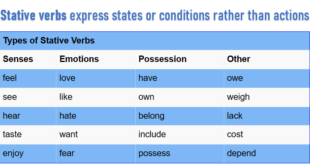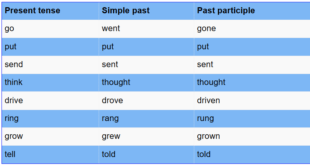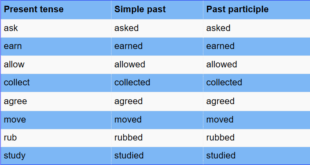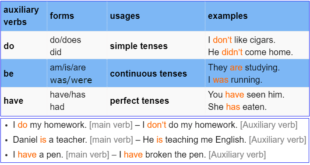Conditional Sentences
A conditional sentence describes the result of a certain condition. We combine an if clause with a main clause to make it.
There are four types of conditional sentences.
| Usage | Condition [if clause] | Result [main clause] | |
| Zero | facts, truths | if + Preset Simple | Preset Simple |
| If you eat too much, | you get fat. | ||
| First | possible | if + Preset Simple | Future with Will |
| If I find his number, | I will call him. | ||
| Second | imaginary possibilities |
if + Past Simple | Future with Would |
| If you arrived on time, | you would meet her. | ||
| Third | imaginary past possibilities | if + Past Perfect | Would + have + PP |
| If it hadn’t rained, | I would have done it. |
When we put the if clause first, we have to put a comma after it.
- If it rains, I’ll stay at home.
- If I had seen Tom, I would have invited him to the party.
When we put the main clause first, the comma is not required.
- I’ll stay at home if it rains.
- I would have invited Tom to the party if I had seen him.
Zero conditional
We use zero conditional to describe a fact or a thing that is very likely to happen.
- Water turns into ice if you freeze it.
- If you go out in the rain, you get wet.
We can replace “if” with “when” in zero-conditional sentences.
- Water turns into ice when you freeze it.
- When you go out in the rain, you get wet.
First conditional
We use the first conditional to describe a present or future situation we believe is real or possible.
- If you cook, I’ll wash the dishes.
- I’ll give him my business card if I see him today.
- If the weather is good, we’ll go on a picnic.
Negative
- I won’t wash the dishes if you don’t cook.
- If the weather is bad, we won’t go on a picnic.
- You won’t complete anything if you stay off.
Questions
- If I invite you, will you come to the party?
- Will it work if I change the batteries?
- If I pay you double, will you finish the work by tomorrow?
Second conditional
We use the second conditional to describe an unreal or imaginary situation in the present or in the future.
- If you were here, you would see him.
- I would tell you if I knew her name.
- If they were rich, they would buy a new car.
We use “were” instead of “was” for “I, he, or she” when we are talking about something that isn’t true or when we wish something was true.
- If I were you, I would go.
- Jessica would back me up if she were here.
- If my father were here, he would know what to do.
Third conditional
We use the third conditional to describe an unreal or imaginary situation in the past that did not happen.
- If I had seen Tom, I would have invited him to the party.
- You wouldn’t have missed the flight if you had taken a taxi.
- If he had been more prepared, he would have passed the exam.
If we replace “would” with other modal verbs, the meaning will change.
- You would have met her if you had gone to the party. [certain]
- If you had gone to the party, you could have met her. [be able]
- If you had gone to the party, you might have met her. [maybe]




